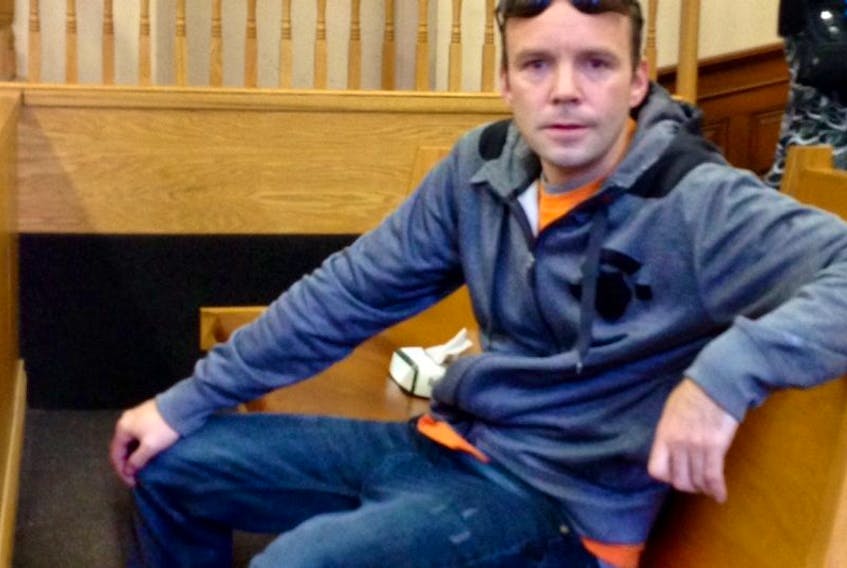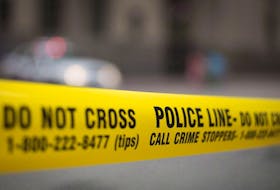In a decision made public Wednesday, the Newfoundland and Labrador Court of Appeal denied his application. The three-member panel — comprised of — voted unanimously to uphold a decision made previously by a trial judge and, as a result, turned down Rowe’s appeal.
Now, Rowe will either have to accept being represented by a lawyer from the Newfoundland and Labrador Legal Aid Commission or represent himself at his trial, which is scheduled to begin Nov. 6 at Newfoundland Supreme Court.
“We argued strongly to the contrary…. So we have to accept that decision,” said defence lawyer Bob Buckingham, whose firm has fought the issue for Rowe for the past few years.
“We won’t be pursing the matter (of legal representation) anymore.”
Buckingham pointed out, however, that a trial with a self-represented accused person is more difficult and time-consuming, as the judge has to assure the accused understands the often confusing legal proceedings.
Rowe was implicated in the murder of Nick Winsor by allegedly helping Philip Pynn evade police after the 20-year-old Winsor was killed on July 9, 2011, in a garage at 271 Portugal Cove Rd. Pynn was charged with second-degree murder, but was found guilty of manslaughter and given an 8 1/2-year jail term.
Rowe has indicated he wants Buckingham to represent him at his trial.
Earlier this year, Buckingham — on Rowe's behalf — filed several applications in the attempts of getting a certificate to have Legal Aid pay for private counsel of Rowe’s choice. Rowe made it clear that he wasn’t happy with his previous legal aid lawyers, who he said did not represent his best interests.
But the commission argued Rowe is not permitted to choose private counsel, since the Legal Aid Act doesn’t list the charge of accessory to murder as one of the offences in which an accused can be provided with paid private counsel.
The act states that only those charged with murder, manslaughter or infanticide can be permitted to select a solicitor of their choice.
But Buckingham said the act can be interpreted differently, since the charge of accessory to murder relates to a murder/manslaughter.
However, as several judges did before them, the Court of Appeal panel agreed the law is clear on this issue.
The decision, render by Justice Gale Welsh, Justice Charles White and Justice Francis O’Brien states, “The offence of accessory after the fact to murder arises after a death has occurred where the accused was not involved in the murder itself; it is in the nature of an interference with the administration of justice in the prosecution of offences involving a death.
Therefore, they added, they were, “satisfied that the reasons that could be offered for the commission’s decision amply support the conclusion that the decision to exclude the offence of accessory after the fact to murder from (the Legal Aid Act) is reasonable.”
Buckingham said Rowe has been adamant for years that he wants the trial to proceed. He said Rowe, “has been chomping at the bit to get this to court for years.”
But in an interview with Crown prosecutor David Bright earlier this year, Bright said, “each and every delay lies at the feet of Mr. Rowe.”
Twitter: TelyRosie









